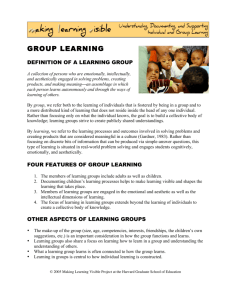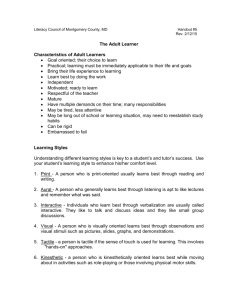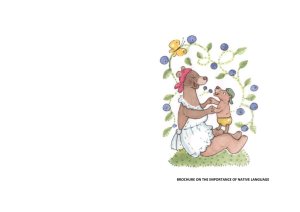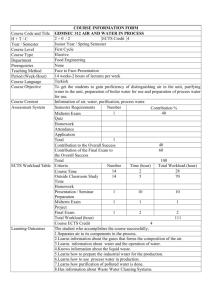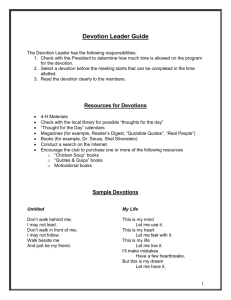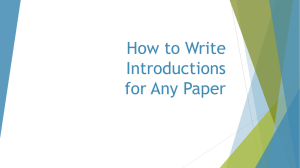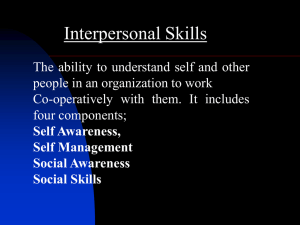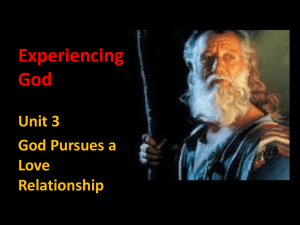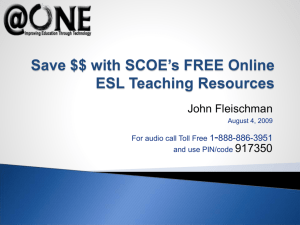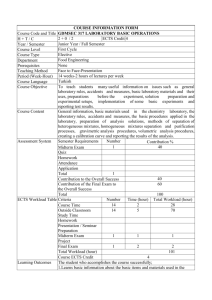Exercises on Documentation
advertisement
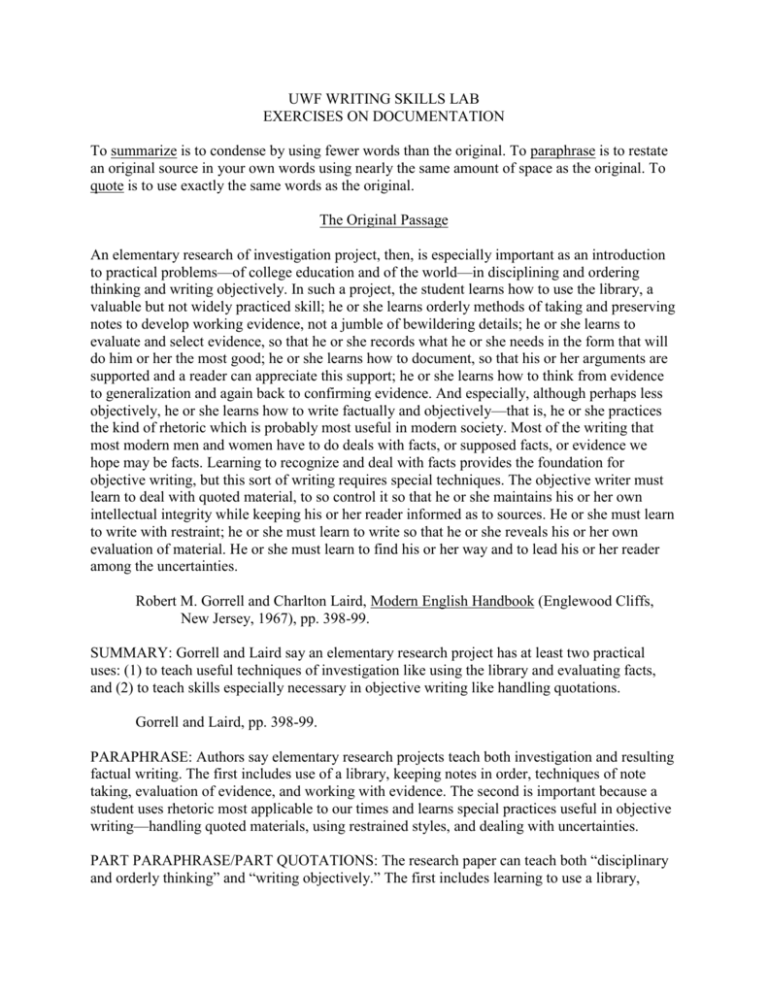
UWF WRITING SKILLS LAB EXERCISES ON DOCUMENTATION To summarize is to condense by using fewer words than the original. To paraphrase is to restate an original source in your own words using nearly the same amount of space as the original. To quote is to use exactly the same words as the original. The Original Passage An elementary research of investigation project, then, is especially important as an introduction to practical problems—of college education and of the world—in disciplining and ordering thinking and writing objectively. In such a project, the student learns how to use the library, a valuable but not widely practiced skill; he or she learns orderly methods of taking and preserving notes to develop working evidence, not a jumble of bewildering details; he or she learns to evaluate and select evidence, so that he or she records what he or she needs in the form that will do him or her the most good; he or she learns how to document, so that his or her arguments are supported and a reader can appreciate this support; he or she learns how to think from evidence to generalization and again back to confirming evidence. And especially, although perhaps less objectively, he or she learns how to write factually and objectively—that is, he or she practices the kind of rhetoric which is probably most useful in modern society. Most of the writing that most modern men and women have to do deals with facts, or supposed facts, or evidence we hope may be facts. Learning to recognize and deal with facts provides the foundation for objective writing, but this sort of writing requires special techniques. The objective writer must learn to deal with quoted material, to so control it so that he or she maintains his or her own intellectual integrity while keeping his or her reader informed as to sources. He or she must learn to write with restraint; he or she must learn to write so that he or she reveals his or her own evaluation of material. He or she must learn to find his or her way and to lead his or her reader among the uncertainties. Robert M. Gorrell and Charlton Laird, Modern English Handbook (Englewood Cliffs, New Jersey, 1967), pp. 398-99. SUMMARY: Gorrell and Laird say an elementary research project has at least two practical uses: (1) to teach useful techniques of investigation like using the library and evaluating facts, and (2) to teach skills especially necessary in objective writing like handling quotations. Gorrell and Laird, pp. 398-99. PARAPHRASE: Authors say elementary research projects teach both investigation and resulting factual writing. The first includes use of a library, keeping notes in order, techniques of note taking, evaluation of evidence, and working with evidence. The second is important because a student uses rhetoric most applicable to our times and learns special practices useful in objective writing—handling quoted materials, using restrained styles, and dealing with uncertainties. PART PARAPHRASE/PART QUOTATIONS: The research paper can teach both “disciplinary and orderly thinking” and “writing objectively.” The first includes learning to use a library, “orderly methods of taking and preserving notes,” evaluating and selecting evidence so that the student “records what he [or she] will need in the form that will do him [or her] the most good,” documentation, and thinking from evidence to generalization and “again back to confirming evidence.” In writing, the student practices “the kind of rhetoric, which is probably most useful in modern society,” including such techniques as handling quotations, writing with restraint, and revealing the writer’s degree of uncertainty as he or she works with a tissue of probabilities.
